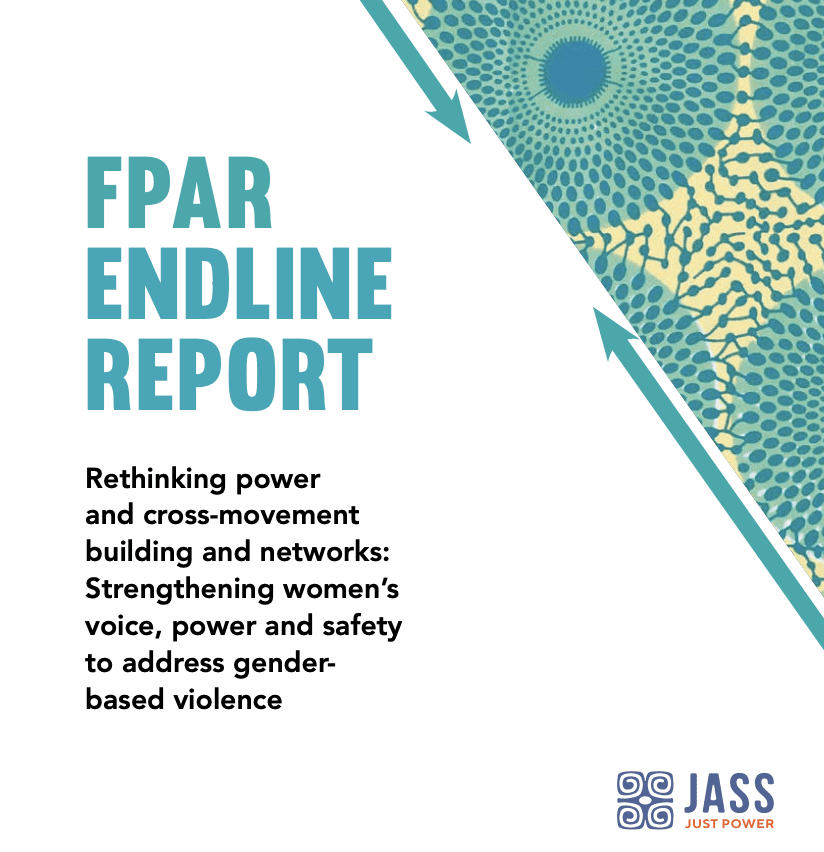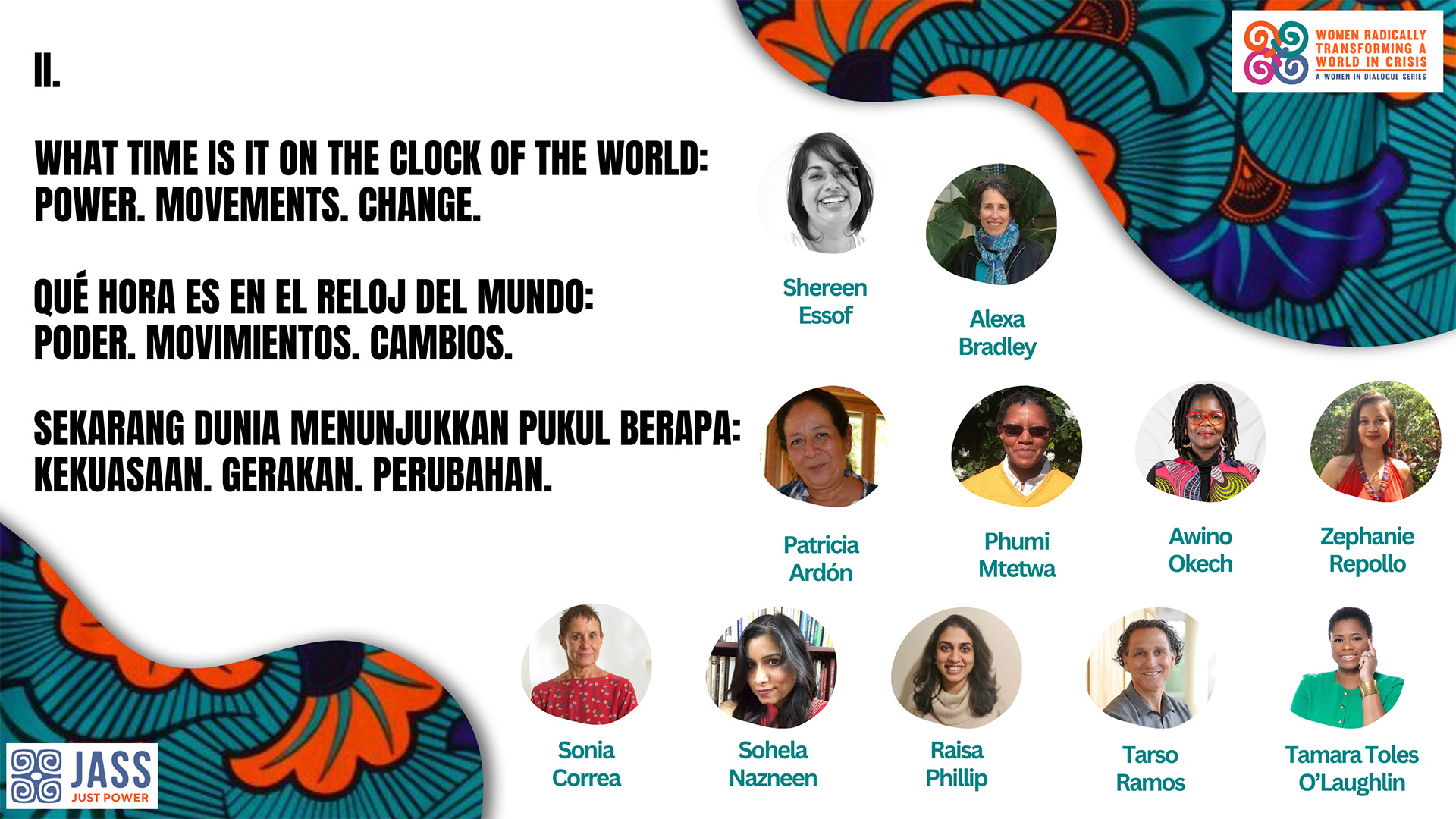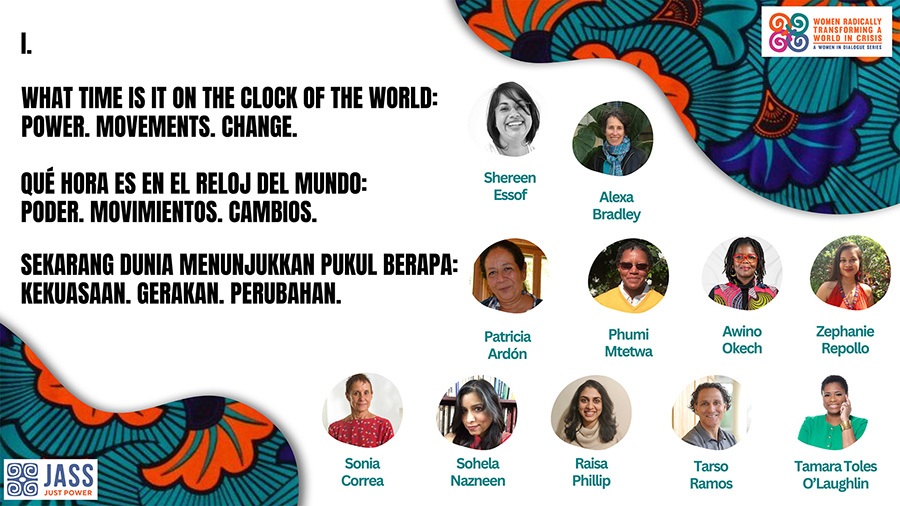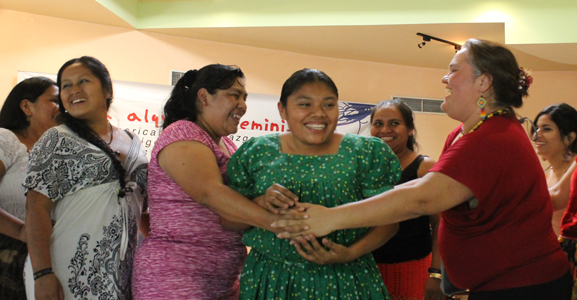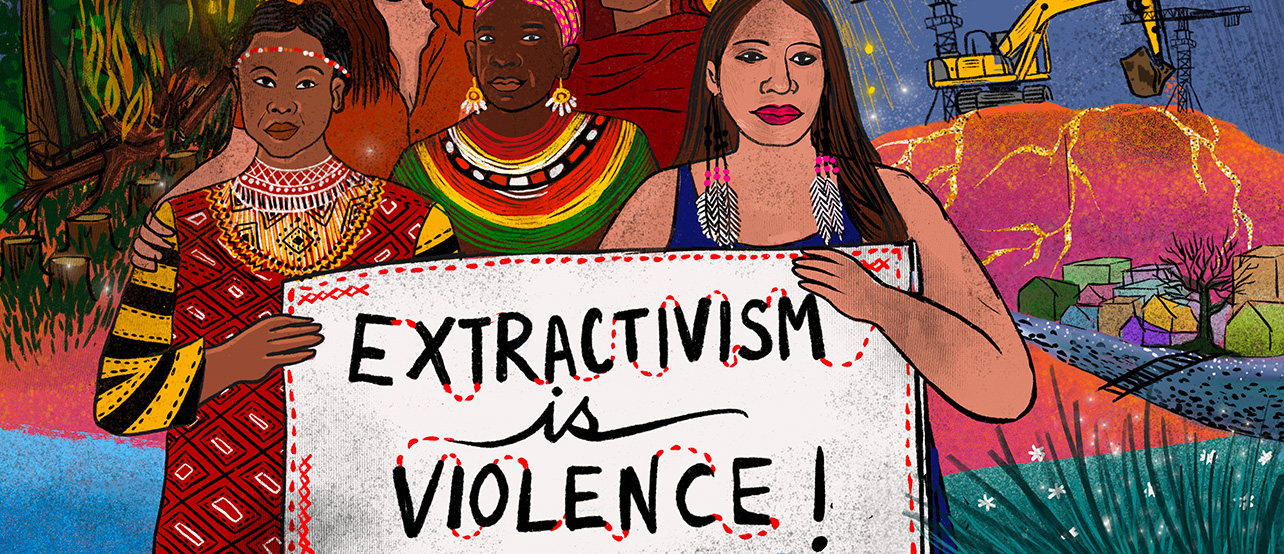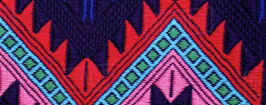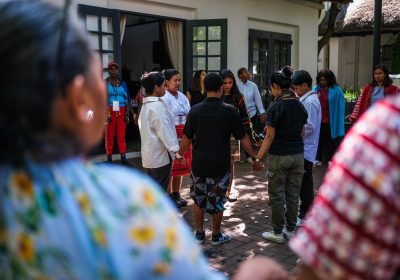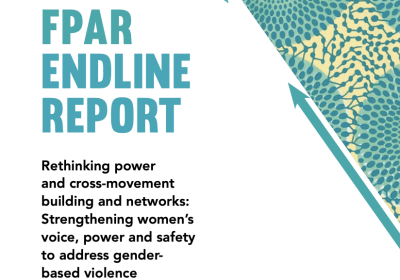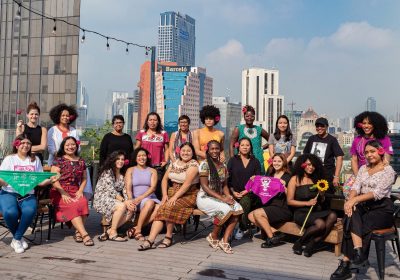Southern Africa
What women are up against
While each country differs, we are witnessing some common trends sweeping across Southern Africa. The hopes for transformative political, economic, and social change that would enable everyone to thrive after gaining political independence has eroded. Public unrest in the face of growing political and economic instability and corruption – including the state’s failure to deliver basic services, rights, and justice – is fueling xenophobia, polarization, and an acceptance of gender-based violence.
Our Bodies, Our Lives
Our Bodies, Our Lives
Since 2007, JASS has improved access to ARVs (antiretrovirals), reduced stigma, and narrowed the gap between policy rhetoric and implementation through our initiative, Our Bodies, Our Lives (OBOL). OBOL is an 8,000-strong campaign led and mobilized by HIV+ positive women (most living in rural areas). To date, OBOL has replaced outdated and harmful medicines, educated health care providers and traditional leaders about HIV and sex, found common cause with religious leaders, and built a network of 30 activist hubs in every district (27). These organizing hubs are now ensuring implementation of health gains and mobilize new rounds of political action and advocacy on basic services and access to land.
What Women Want
What Women Want
JASS has long argued that basic economic needs have the greatest potential for organizing and mobilizing women. Strategies for addressing shared needs then become the way to realize rights. Putting that idea into practice, in July 2018, JASS Southern Africa and our local partner, Institute for Young Women in Development, mobilized more than 2,000 diverse women leaders and organizations across the country to generate their own electoral manifesto, “What Women Want,” listing demands for the new government. These demands have become a rallying point for women demand basic services such as water and electricity.
Heart—Mind—Body
Heart—Mind—Body
In southern Africa, given the insecurity and violence women and women activists experience on personal, professional and public levels, JASS has developed its HMB approach. HMB puts women’s bodies – which hold so much knowledge and history –at the center of women’s organizing and movement building. JASS convenes wellbeing circles of diverse women activists as safe spaces for taboo breaking conversation, support, safety, solidarity and strategy.
Bridging Networks, Movements & Borders
Bridging Networks, Movements & Borders
JASS plays a critical role bringing together different groups to build shared strategies around common problems. In some cases, JASS plays a facilitator role, supporting organizations and formations with their strategies and programs. A key contribution is JASS’ power analysis framework which supports groups to have a deeper understanding of their contexts, which then informs their organizing to be stronger and safer.

